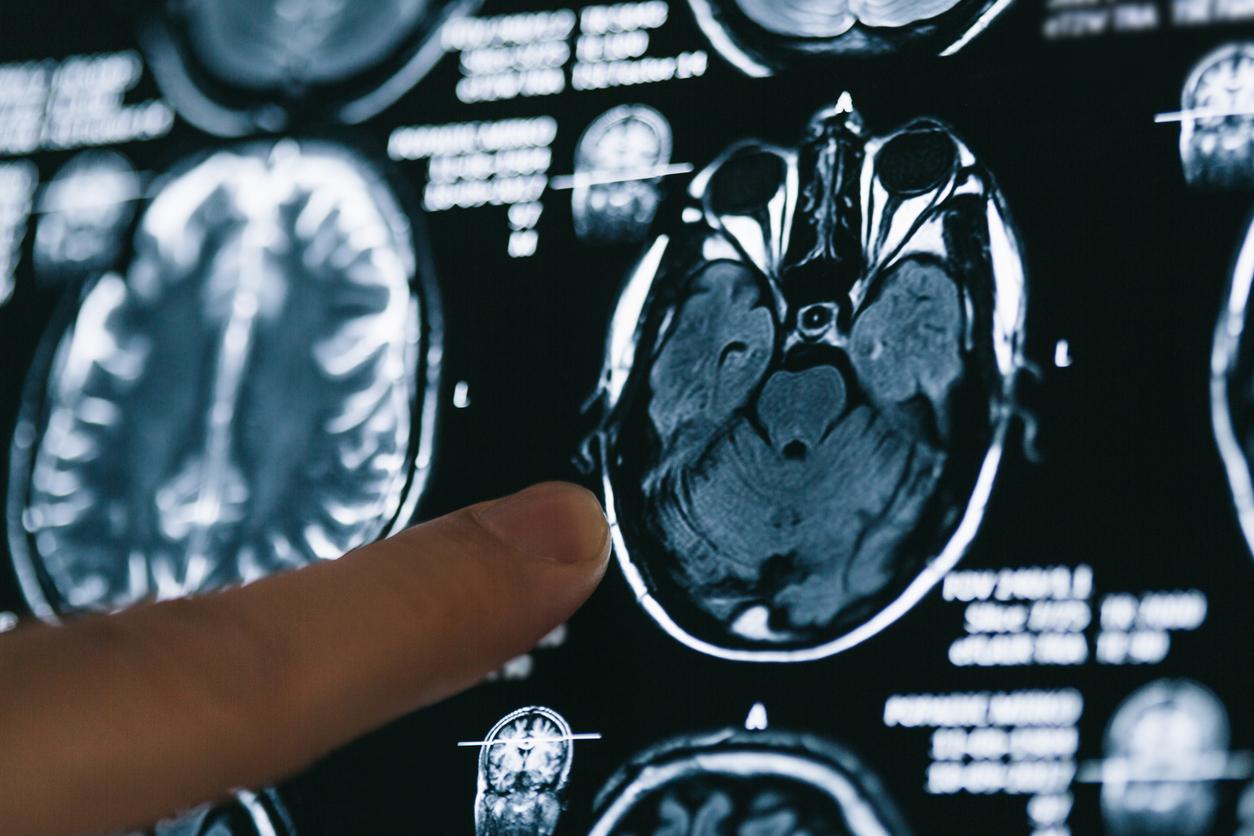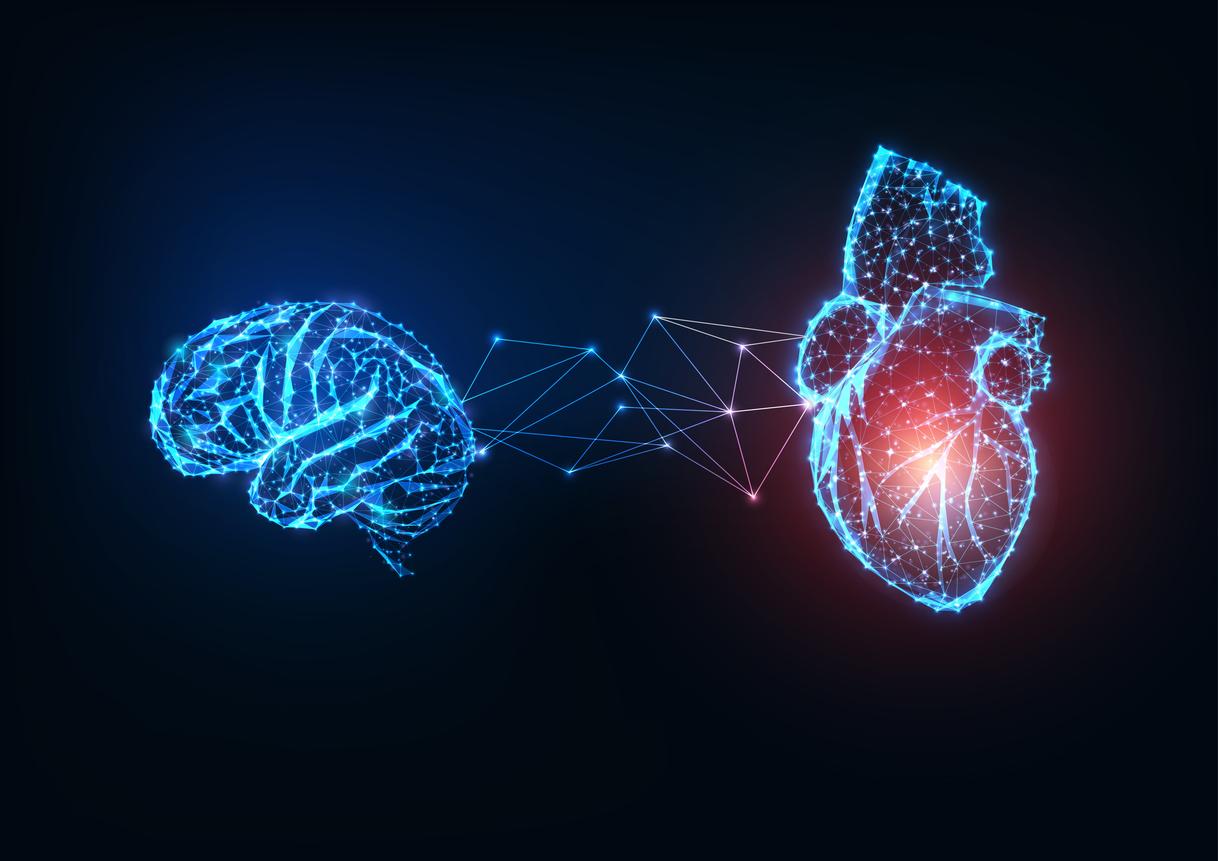Tumors from glioblastoma multiforme, a particularly aggressive brain cancer, are almost unattainable. Each year, 3,000 people are diagnosed with this cancer in France, which we do not yet know how to treat. But a new technique could advance the treatment, underlines the site of Inserm.
Technology of the future and brain cancer
The idea of this technology? Create tiny robots to inject into the blood, to then be able to remote-control them to the brain. They could then penetrate the tumors and directly inject the treatments inside. This is the project that has just been selected for funding from Inserm’s Cancer plan for three years. It will pool the skills of researchers from the National Institute of Applied Sciences (INSA) Center-Val de Loire and the Inserm research director at the University of Angers, Joël Eyer.
Parts of the cytoskeleton of neurons, the neurofilaments, contain a substance called peptide, which enters glioblastoma cells, bypassing healthy neurons. “We then had the idea of using it to inject anticancer products specifically into glioblastoma cells and thus spare unaffected tissues.“explains Joël Eyer at the origin of the project.
Magnetic remote control against glioblastoma
They have developed nanocapsules coated with this famous peptide. But how do you get it to port without damaging the rest in its path? This is the role of nanorobotics researchers at INSA: “The robotic systems that we have developed indeed allow the control of the movement of magnetic particles in a biological fluid.“, specifies the director of the team, Antoine Ferreira. To make the capsule travel, the researchers would therefore use the principle of magnetic resonance. The first remote control tests of this type of nanocapsule will normally take place at the beginning of next year on rats.
The Inserm website specifies that the study will last three years. If this technology proves successful, it could be applied to many other diseases.
Read also:
Brain tumor: first trial of laser therapy in Lille
Brain cancer: chemotherapy may promote depression


















